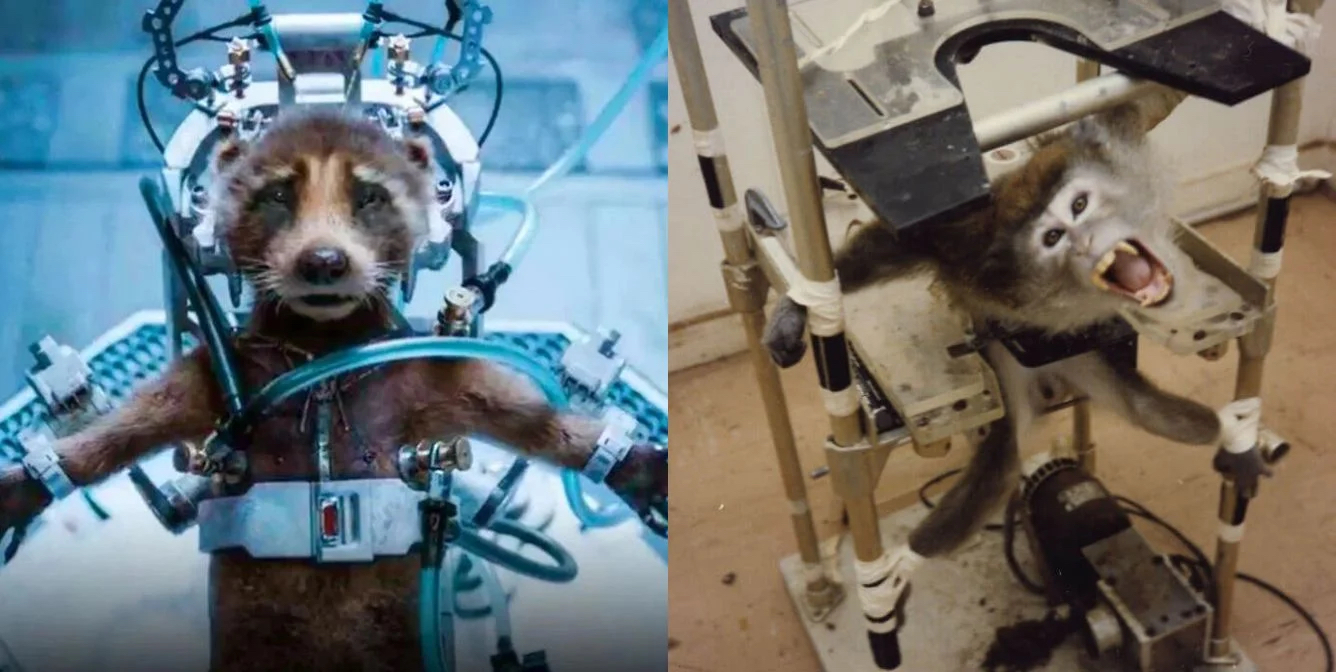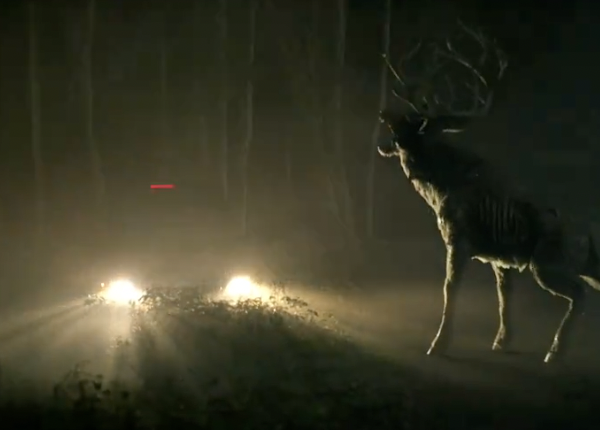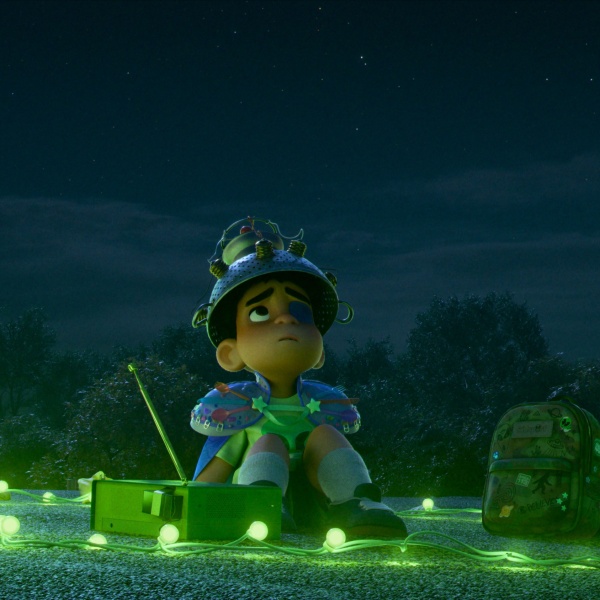[Spoiler Alert: The following post contains numerous spoilers for “Guardians of the Galaxy Vol. 3“]
Comic book movies aren’t often thought to be vehicles for social change, but People for the Ethical Treatment of Animals disagrees.
The organization announced today it’s given a Not a Number Award to director James Gunn for his depiction of the cruelties of animal testing in “Guardians of the Galaxy Vol. 3.” In a statement, PETA said the award recognized Gunn’s “unflinching advocacy” in the film, “reminding viewers that all animals deserve a life of freedom under the open sky rather than confinement to laboratory cages.”
Much of “Vol. 3” concerns the backstory of Rocket (Bradley Cooper), a sentient raccoon given consciousness (and mad fighting skills) by enduring horrific pain in a lab — sure, he becomes aware, but only to be haunted by the memories of his torment. Not a fair tradeoff. And many of his fellow animals were killed in that lab, such as the adorable otter Lylla, the walrus Teefs, and the rabbit Floor. In the course of the film, he avenges them while freeing others.
In a press release praising the film, PETA says that the way Rocket is referred to by a number when he’s in the lab reflects “a practice animal experimenters use to dissociate from the sentient being they’re tormenting.”
“Through Rocket, James Gunn has put a face, a name, and a personality on the millions of vulnerable animals being cycled through laboratories as we speak,” said PETA Senior Vice President Lisa Lange. “PETA is celebrating this as the best animal rights film of the year for helping audiences see animals as individuals and suggesting that just because we can experiment on them doesn’t mean that we should.”
PETA goes on in its statement to say, “Like Rocket’s friends Lylla, Teefs, and Floor, most animals used in laboratories are killed after enduring a lifetime of suffering. They’re held in cramped cages, often alone, and mutilated, infected with diseases, purposely bred to suffer from debilitating conditions, forced to endure multiple painful procedures, locked into restraint devices, bombarded with stimuli for prolonged periods, and frequently denied adequate food, water, and pain relief. And even though the National Institutes of Health spends nearly $20 billion per year in taxpayer funding on animal testing, studies have shown that 95% of all new drugs that test safe and effective in animals fail in human clinical trials because they don’t work or are dangerous.”
In a blog post on their site, PETA doesn’t just praise Gunn, it praises how Gunn got the details about animal testing right, such as showing how animals in labs are often tattooed with numbers on their chests (the way Rocket and Lylla are). And Rocket is restrained at one point in a device very much like those used to restrain primates in labs.
“Guardians of the Galaxy Vol. 3” is in theaters now.








